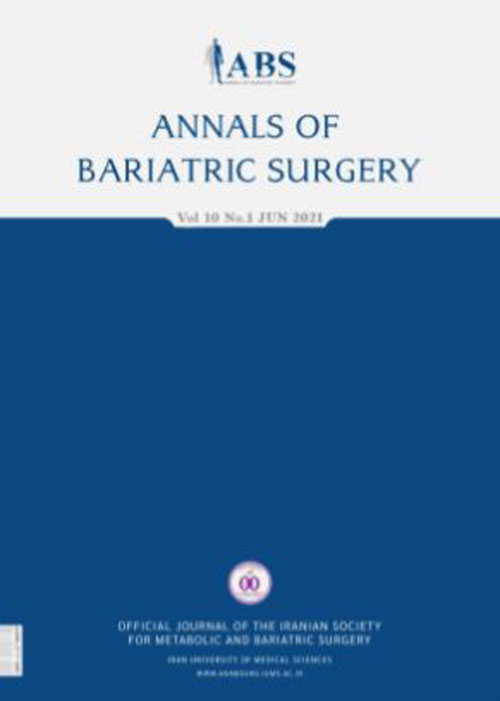A machine learning approach to predict types of bariatric surgery using the patients first physical exam information
According to the IFSO worldwide survey report in 2014, 579517 bariatric operations have been performed in a year, of which nearly half the procedures were SG followed by RYGB. This procedure is a proven successful treatment of patients with morbid obesity which induces considerable weight loss and improvement of type 2 diabetes mellitus, insulin resistance, inflammation, and vascular function. In the present study, we aimed to build a machine based on a decision tree to mimics the surgeonchr(chr(chr('39')39chr('39'))39chr(chr('39')39chr('39')))s pathway to select the type of bariatric surgery for patients.
We used patient’s data from the National Bariatric Surgery registry between March 2009 and October 2020. A decision tree was constructed to predict the type of surgery. The validation of the decision tree confirmed using 4-folds cross-validation.
We rich a decision tree with a depth of 5 that is able to classify 77% of patients into correct surgery groups. In addition, using this model we are able to predict 99% of bypass cases (Sensitivity) correctly. The waist circumference less than 126 cm and BMI equal to or more than 43 kg/m2, age equal to or greater than 30 years old, and being hypertensive or diabetes are the most important separators.
The effects of all nodes have been studied before and the references confirmed the relations of them and surgery type.


